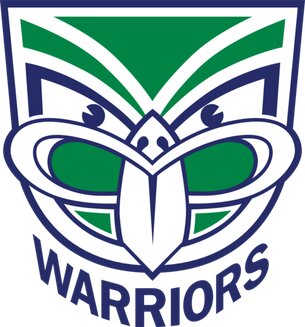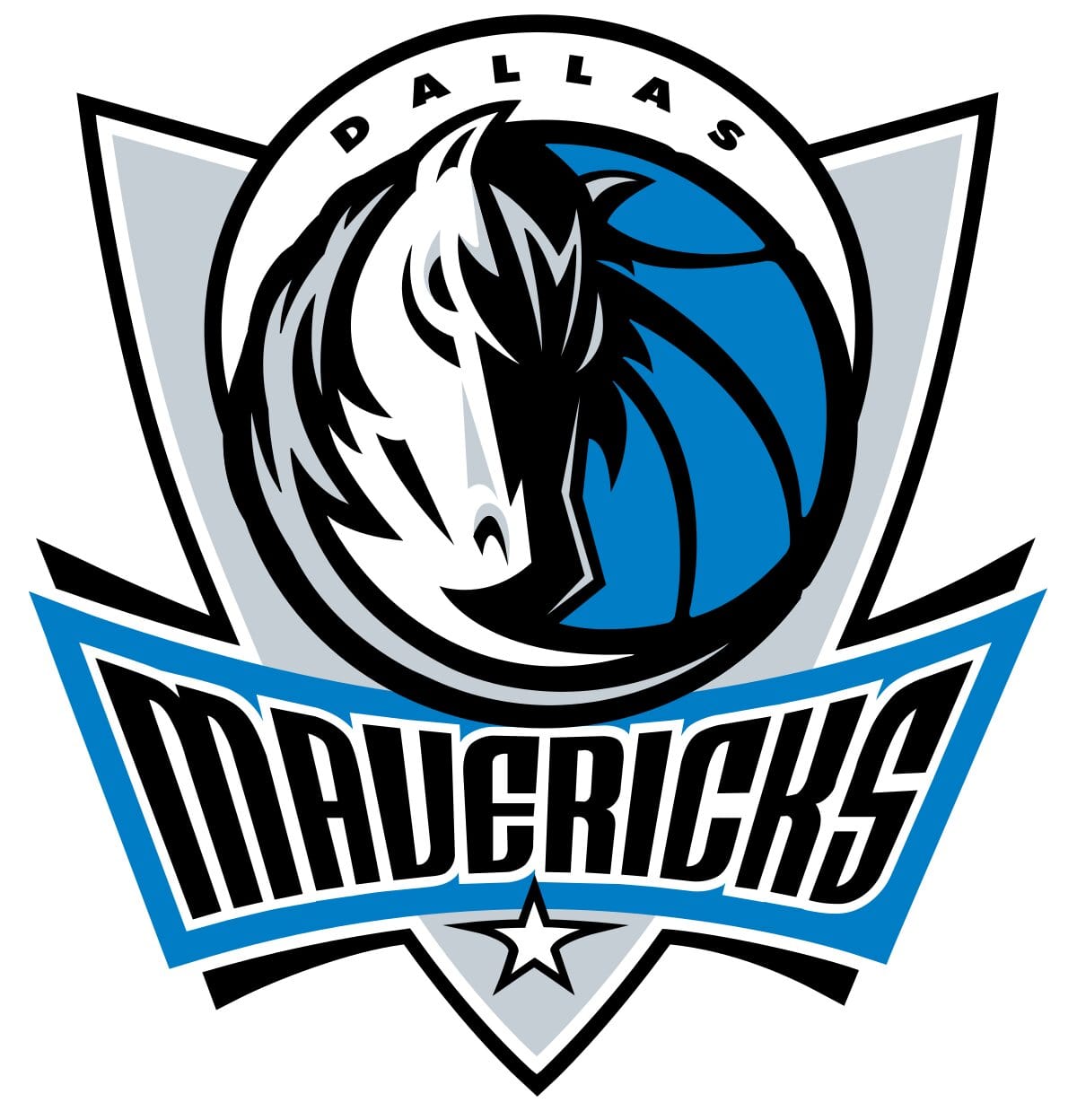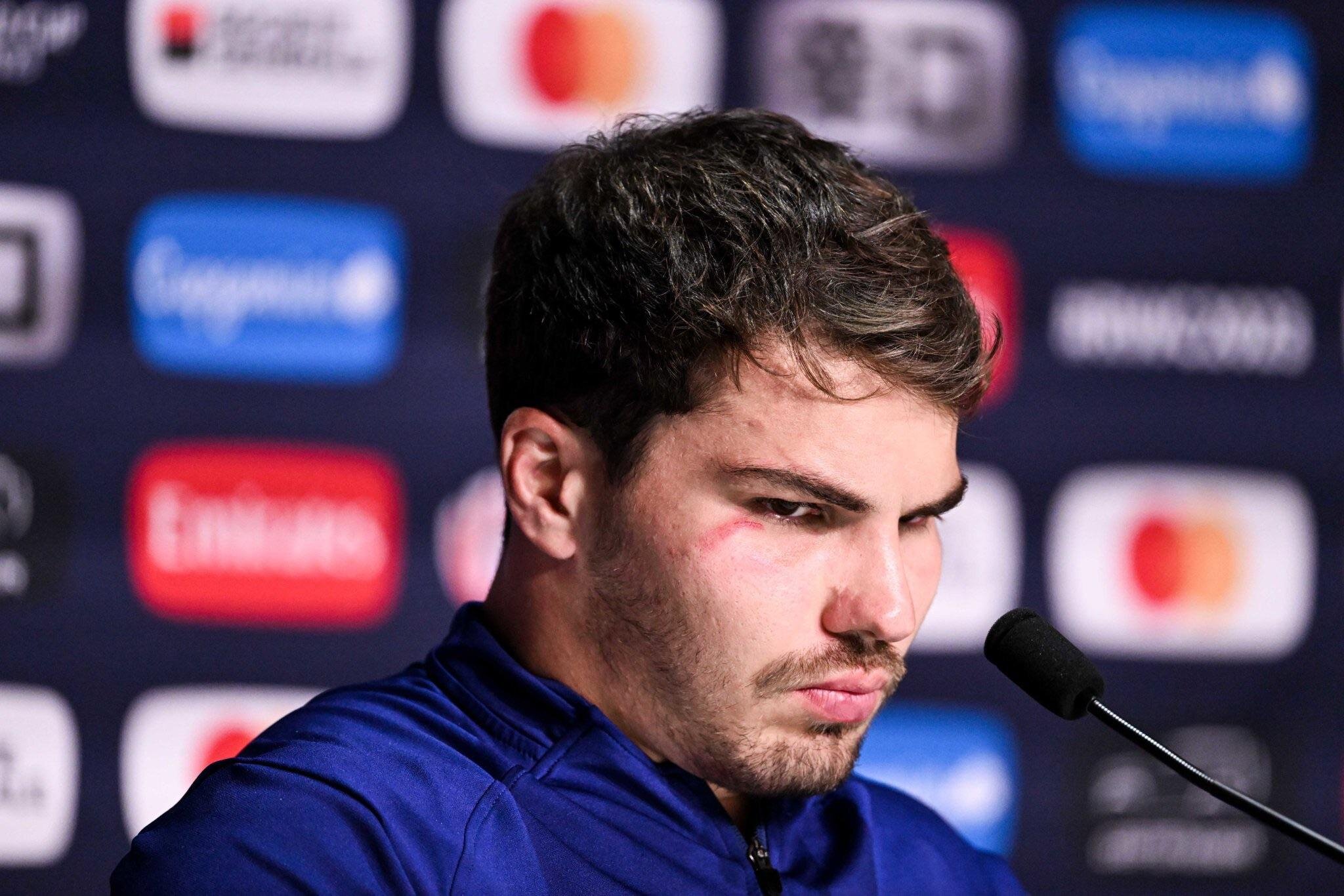ESPN Warriors the poisoned chalice of the rugby….
“**The Poisoned Chalice of Rugby: ESPN Warriors’ Struggles**
In recent years, the ESPN Warriors have become a compelling case study in the world of professional rugby. Once hailed as a promising franchise, the Warriors’ trajectory has been marked by a series of challenges that have led many to describe their situation as a “poisoned chalice” in the sport.
The term “poisoned chalice” refers to a position of apparent power or privilege that ultimately brings more problems than benefits. For the Warriors, this metaphor captures their troubled journey from potential powerhouse to a team grappling with significant hurdles.
Founded with high hopes and considerable investment, the ESPN Warriors entered the rugby scene with an aura of optimism. They boasted a roster of talented players and ambitious plans for success. However, the excitement surrounding their inception quickly gave way to a more complex reality.
One of the primary issues has been the team’s inconsistent performance on the field. Despite having a roster full of skilled players, the Warriors have struggled to find stability and form. This inconsistency has been reflected in their league standings and their inability to secure key victories. Fans and analysts alike have watched with growing frustration as the team failed to live up to its initial promise.
Off the field, the Warriors have faced their own set of challenges. Organizational problems, including issues with management and financial stability, have plagued the team. These issues have created a ripple effect, impacting player morale and overall team cohesion. The franchise has also struggled to build a strong fan base, which is crucial for the long-term sustainability of any sports team.
The Warriors’ predicament has been exacerbated by high expectations and the pressure to deliver results. In sports, teams often face immense pressure to meet the lofty goals set by management, fans, and sponsors. For the Warriors, this pressure has sometimes resulted in rushed decisions and a lack of long-term strategy. The constant push for immediate success has led to frequent changes in coaching staff and player rosters, further destabilizing the team.
Moreover, the competitive nature of professional rugby means that the Warriors are constantly up against well-established teams with their own entrenched systems and experienced players. This environment has made it even more challenging for the Warriors to find their footing and build a winning formula.
The concept of the poisoned chalice is particularly relevant in the context of sports franchises that promise much but deliver little. For the Warriors, this has meant navigating a difficult path fraught with setbacks and unfulfilled potential. The initial excitement surrounding the team has been overshadowed by a series of disappointments, creating a narrative of unrealized promise.
In conclusion, the ESPN Warriors’ situation exemplifies the poisoned chalice phenomenon in rugby. Despite their potential and investment, the team has faced a multitude of challenges that have hindered their success. The Warriors’ struggles highlight the complexities of building and maintaining a successful sports franchise in the highly competitive world of professional rugby. As they continue to navigate these issues, the question remains whether they can overcome the obstacles and transform their fortunes, or if they will remain emblematic of the perils of high expectations in sports.”



